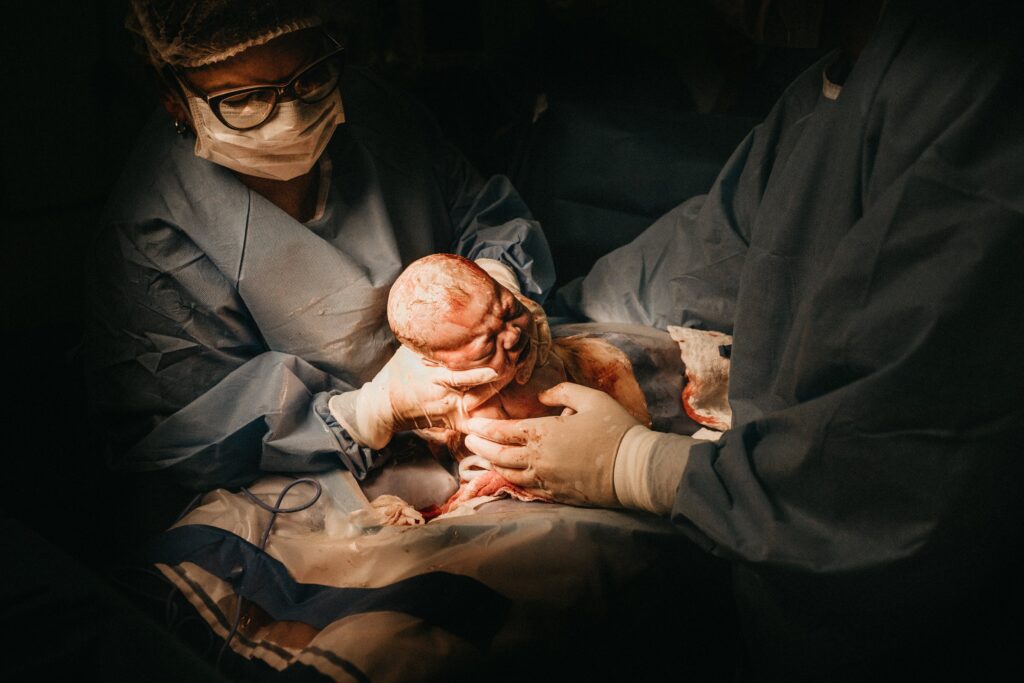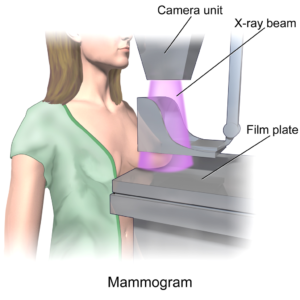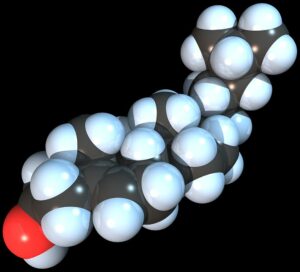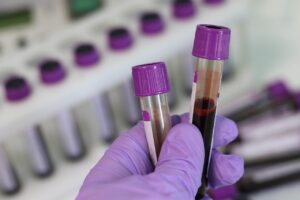Bad Habits Acting as Triggers for Birth Defects

By Neucrad Health News Desk November 24, 2019
Do you know that the World Health Organisation (WHO) has dedicated 3rd March as the ‘World Birth Defects Day’? Every year an estimated 8-million babies are born across the globe with serious congenital deformities, which can impair the normal life of these kids. Anencephaly, spina bifida, congenital heart defects, and Down’s syndrome are some severe medical conditions making everyday existence for the new-borns a challenging affair. WHO is collaborating with several other organisations to raise awareness about these defects, and advocate preventive measure for them. Though the exact cause of most of these congenital disabilities is still unknown to doctors and scientists, there are few triggers which can increase the chances of these medical conditions considerably.
What are Congenital Anomalies?
Congenital anomalies or birth defects are structural and functional malformations developed during intrauterine life. In most cases, gynaecologists can detect these issues by studying the ultrasound examination and amniocentesis reports. The treatment for congenital anomalies depend on the severity of these conditions, and ranges from medication, surgery to homecare.
What are the triggers for birth defects in babies?
Though doctors still now could not detect the exact cause of most congenital disabilities, they have found out some triggers which increase the chances of developing these conditions considerably. Detailed below are a few crucial triggers for congenital anomalies.
Drinking Alcohol

Most Gynaecologists recommend expecting mothers to refrain from alcohol during all the trimesters of pregnancy. It is because traces of alcoholic drinks can pass on to the foetal body through the umbilical cord. There are reports of higher incidences of miscarriages, stillbirth, and a range of behavioural, and intellectual disabilities. The congenital anomalies which might develop due to the intake of alcohol during gestation stage are known as foetal alcohol spectrum disorders (FASDs). It can cause low body weight, abnormal facial features, small head size, poor concentration, and hyperactive behaviours in children.
Smoking

Smoking during pregnancy is equally bad as cigarettes contain many hazardous chemicals, including tar, nicotine, and carbon monoxide. Doctors even advocate women who are planning pregnancy to quit smoking. It can cause challenges in conceiving and lead to numerous risks like developmental delay, congenital heart defect, vision and hearing impairment, ectopic pregnancy, placental abruption, placenta previa, preterm delivery, and cleft lip and cleft palate. Both partners need to refrain from smoking during the gestation phase. Passive smoking is also dangerous for expecting mothers and can lead to these developmental issues in foetuses.
Drug Abuse

It is essential to avoid all forms of illegal drugs during pregnancy. These compounds like marijuana, cocaine, heroin, LSD, and methamphetamine cause a range of complications to expecting mothers and foetuses. It is better to refrain using these drugs even in those states where their consumption are legal. Reports suggest that chances of premature, underweight, and stillbirth babies increases considerably in women consuming drugs during pregnancy. Additionally, it can also cause developmental issues in foetuses, including low Apgar score, memory issues, deformed urinary and reproductive system, seizures, low birth weight, and breathing problems. Women who have previously used drugs can receive therapy during pregnancy to stay healthy and positive.
Caffeine

It is better to limit the use of caffeine during pregnancy. Though it acts as an energy booster, it takes around 1.5 to 3.5 times longer to eliminate caffeine from the system. Traces of the beverage can enter the placental blood and reach the foetal organs. The American College of Obstetricians Gynaecologists (ACOG) prescribes to limit the quantity of caffeine to less than 200 mg per day during gestation. Still now, there are no conclusive reports about birth defects against caffeine; however, there are chances of miscarriages or premature labour if consumed in excess.
These were some potential hazards during pregnancy. If you are planning to conceive or already pregnant, it is better to avoid them to lead a blissful and healthy life.








